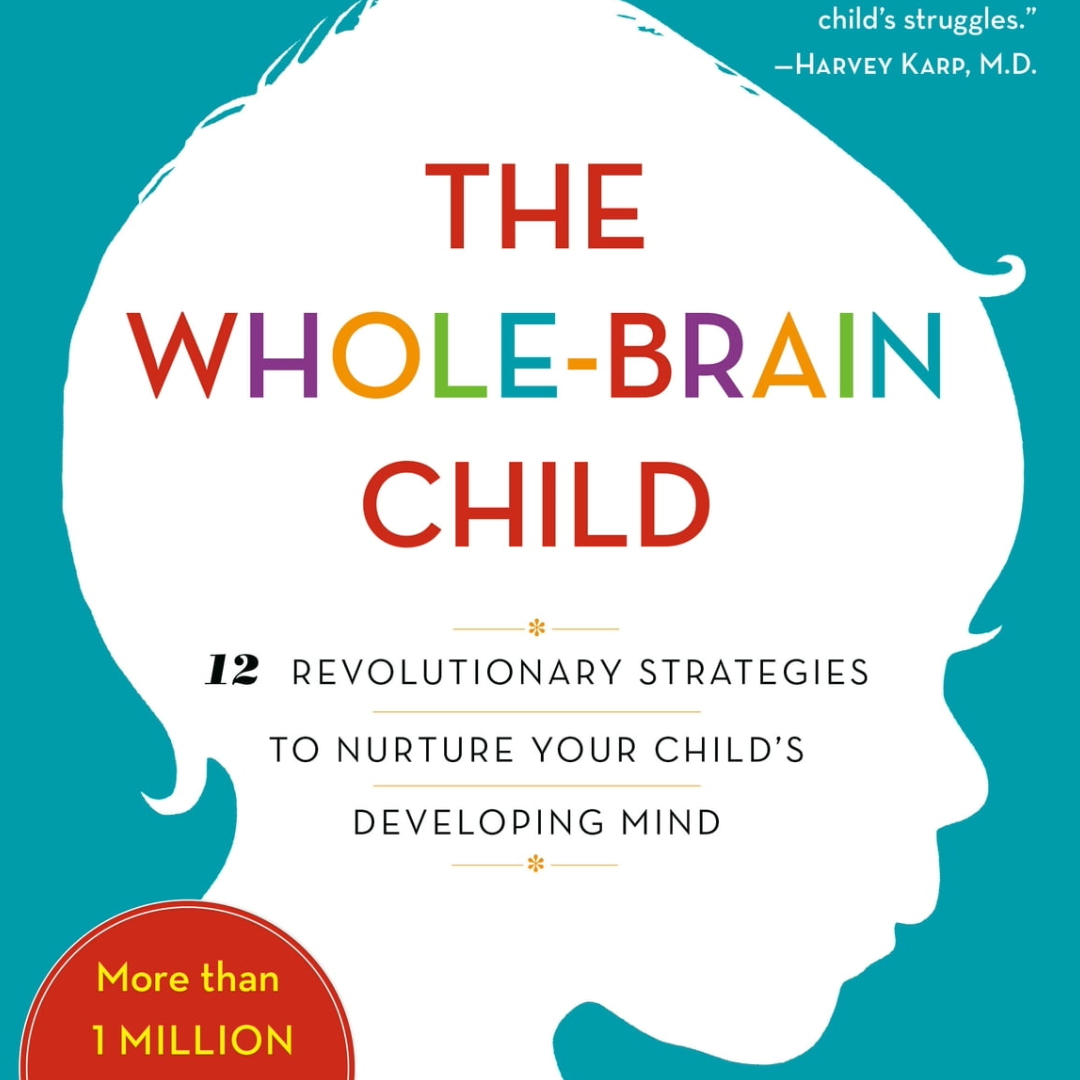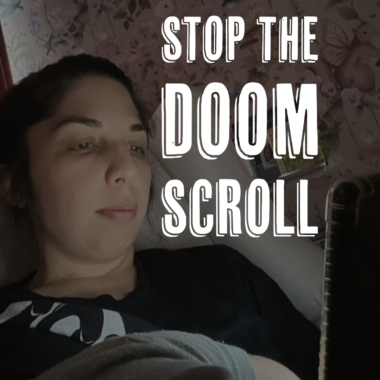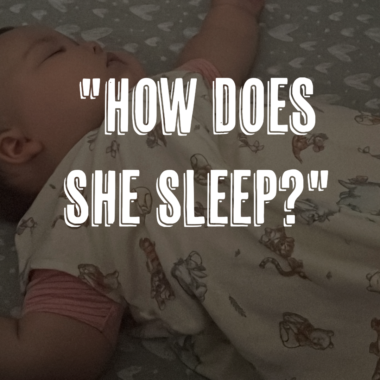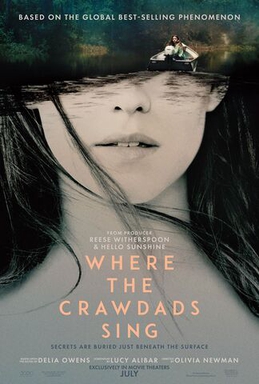Starting My Parenting Book Journey
I recently started on my parenting book reading journey. The first book on my reading list that I have crossed off is The Whole Brain Child by by Daniel J. Siegel, M.D. and Tina Payne Bryson, Ph.D. A
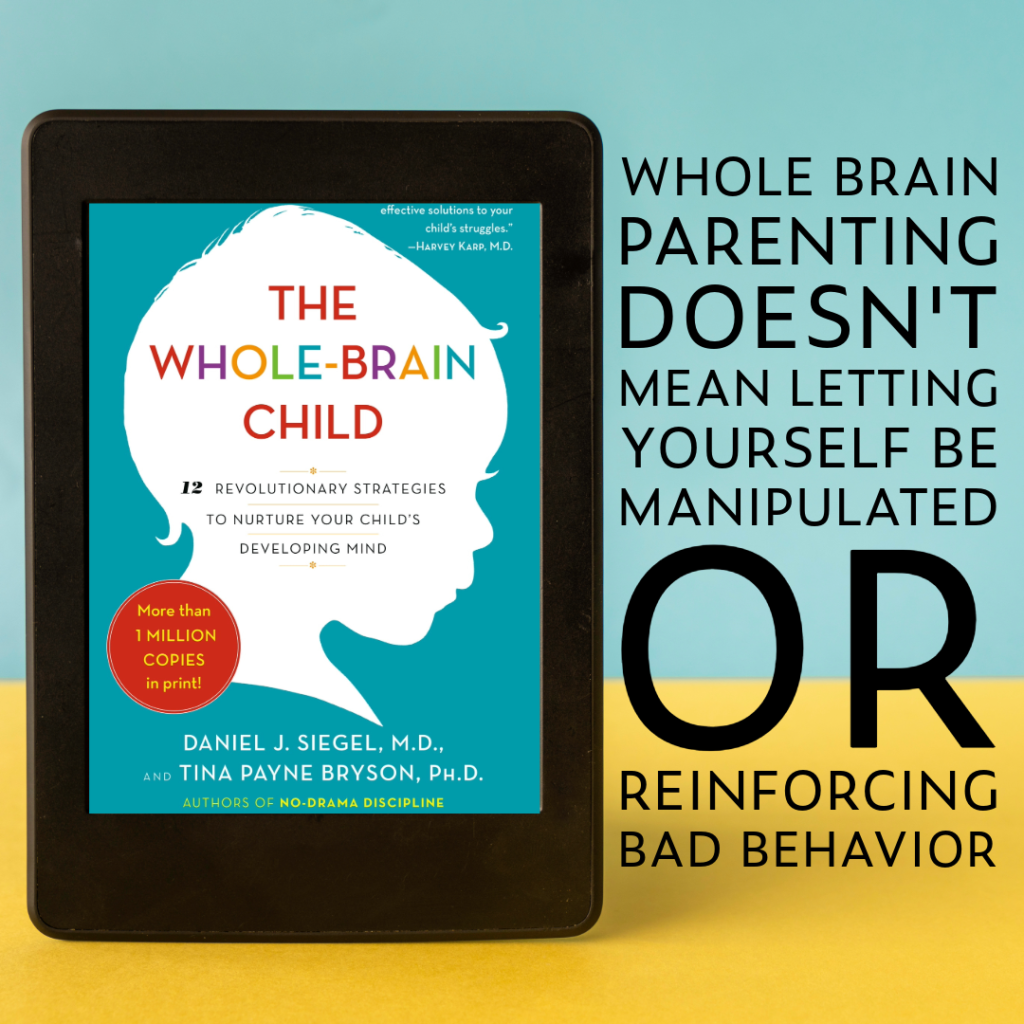
An Informative and Accessible Read
The book makes neurological concepts very easy to understand for anyone that is unfamiliar with how the brain works. It’s full of catchy phrases and easy to follow analogies that make harder concepts much more digestible for those that are not in the mood for a science lecture or worse, for parents that don’t have the time or brain power and are squeezing in a read between nap time or before bed (in the one moment that you don’t have a toddler or baby attached to your hip).
Challenges of Applying the Techniques with a 9-Month-Old
As I read, I realized that many of the techniques outlined in the book seem particularly geared toward children who are a bit older than my own 9-month-old baby (at the time of reading this book). The Techniques in this book would probably best be implemented with a child that’s closed to being 2 years old. and probably very effective with children 3-4 years old up to preteens and even teenagers (in some senses). It makes sense since the authors specifically say the book is intended and written for parents with children within these age ranges.
Trying Out the Connect and Redirect Method
We try to use some of the tactics from the book when we can, like the Connect and Redirect method. This approach involves comforting our child when she’s upset or crying, connecting with her physically to help her feel seen and understood. Once she’s calm and more open to listening, we can try to explain things or offer solutions. However, trying this with a 9-month-old isn’t easy and often isn’t very effective. At this age, when she cries, it’s hard to explain the logic behind why she can’t do something, like putting something in her mouth. So, we usually end up just holding her and distracting her to help her move on from the problem. I expect these concepts will be more useful as she gets older, and she can start to understand and respond to what we’re trying to explain.

Key Takeaways: Not a Fix-All Solution
One of the key takeaways for me is that The Whole-Brain Child shouldn’t be mistaken for a fix-all solution or a gentle parenting guide. On the contrary the book is very aware of the fact that although we are parents we are very much still human. The authors acknowledge the inevitable mistakes we’ll make as parents and offer tools to help us navigate those tough moments. The book emphasizes the importance of using these challenges as opportunities for growth, both for our child’s developing brain and for strengthening the parent-child relationship. It’s about helping our children learn to cope with and understand the world around them while fostering a sense of safety and trust.
Your children should feel confident coming to you. They should know that you will not only help them learn how to deal with their emotions but give them the tools to eventually navigate their feelings as adults. Making it to that they are in fact whole brained, able to step back and understand what is causing them to feel a specific way and make decision or take actions based on those feelings.
Connecting The Whole Brain Child with Social Media Insights
As I read, I couldn’t help but connect the book’s teachings with some of my favorite social media accounts, like Nurturefirst on Instagram. Their recently launched podcast, “Robot Unicorn,” has quickly become one of my top recommendations. I haven’t listened to many parenting podcasts but there’s something about the topics that this podcast touches on and the honesty with which the hots approach these topics that has been not just enjoyable but relatable and educational.
I appreciate how these accounts align with the methods discussed in The Whole-Brain Child, offering stories and educational tools that really resonate with the book’s approach. Although the Nurturedfirst account often encourages investment in their child courses, I value the free insights they offer, which often remind me of the strategies Siegel and Bryson advocate. The account is often filled with stories or first hand accounts and situations that are not only relatable but educational to me as a mother.
A Great Starting Point for Parents
For parents dealing with tantrums, highly sensitive children, or constant power struggles, I believe The Whole-Brain Child is an excellent starting point. The book offers a deep dive into why our children might be acting out, what their brains are capable of understanding, and how they can overcome challenges. It’s a resource that equips us with the knowledge to not only address immediate issues but also to nurture a lasting, supportive bond with our children.
